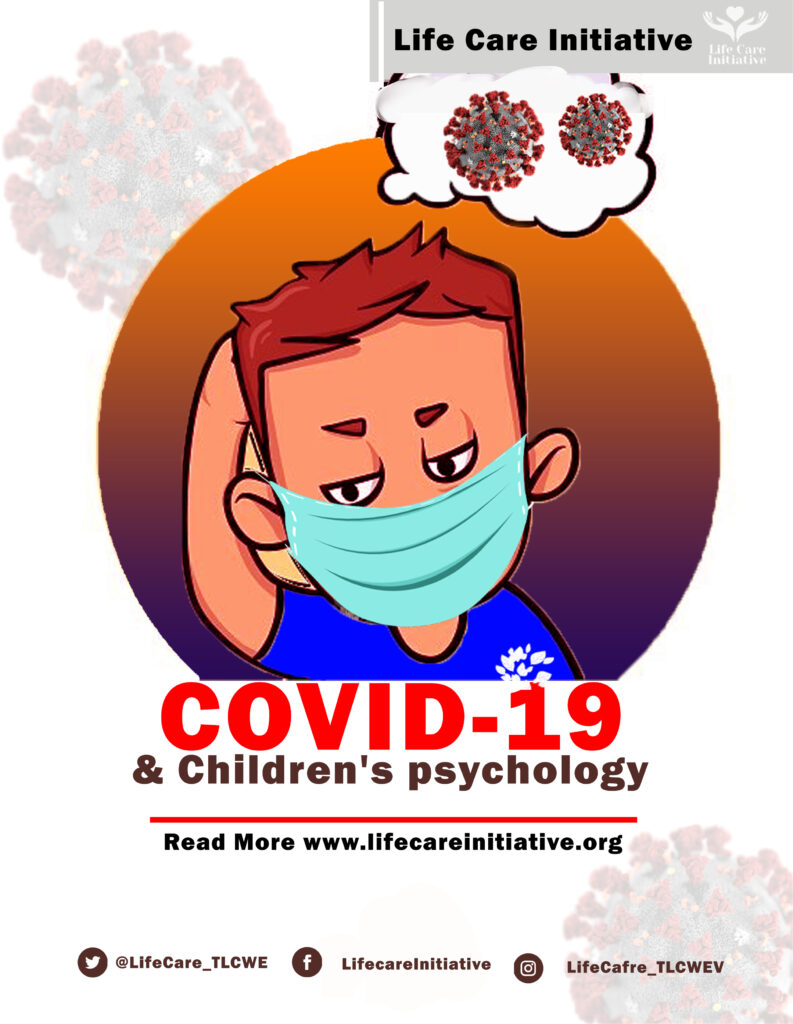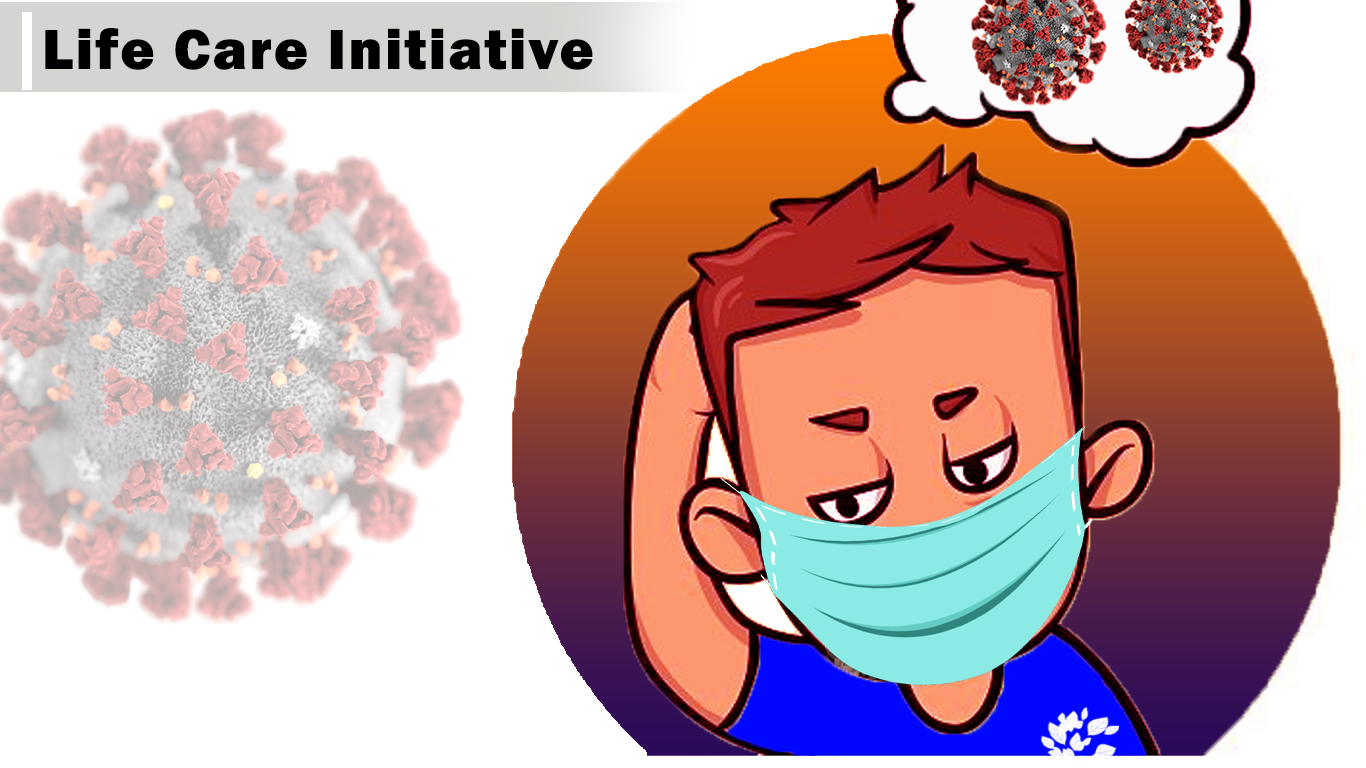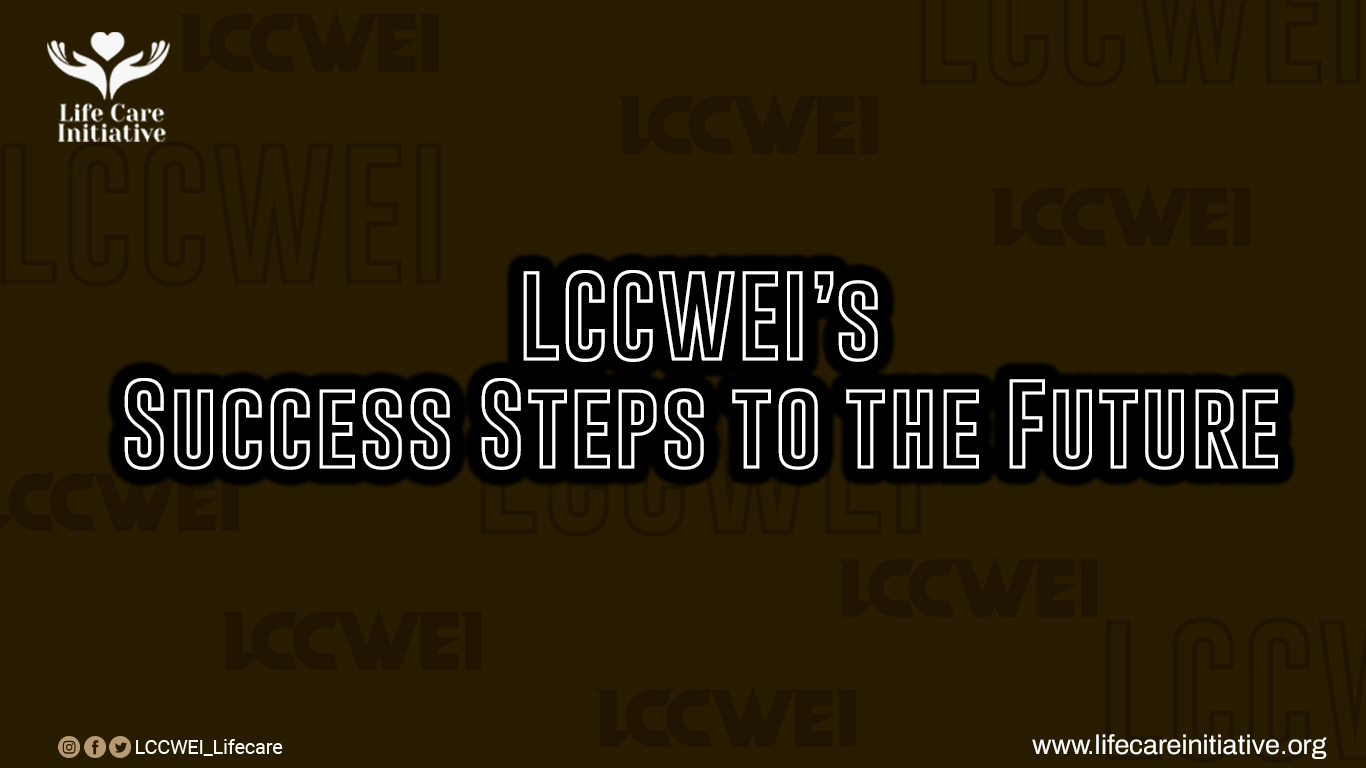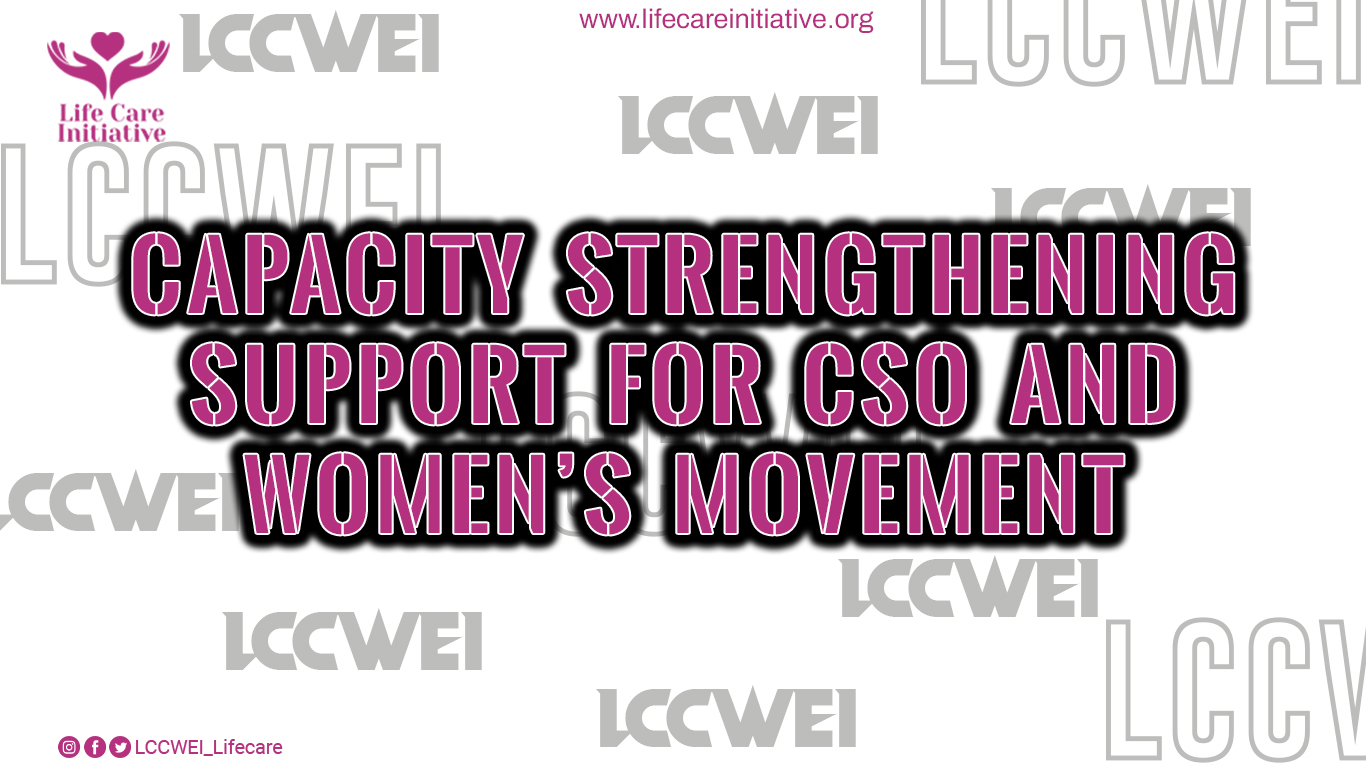Covid-19 has hit hard the lives of people across the world since its outbreak. The impact has not only been seen in the health and economic situations but also in the psychological well-being. Psychological impact has not only been felt by the adults but also the children who have no clear idea of what the virus is. The children have faced a difficult psychological moment that is difficult for them to absorb and deal with even as the parents continue fighting with the same struggle.
The impact is felt differently based on the background of individuals. After the outbreak, many people lost their jobs and it became difficult for some people even to place food on the table. Providing basic needs for the family became difficult for the parents who were given unpaid job leaves that were unpredicted. Parents who depended on daily wages especially from the developing countries had their income brought down to nothing.
This translated to the children undergoing hardships such as hanger, restricted movement, and constrained socialization, which contribute to psychological challenges. The children’s routine of going to school was interrupted when they were forced to stay at home due to the spread of the virus. This contributed to some children developing stress. In the history of the modern world, children have not been that long at home. A lot of children were also affected psychologically by their parent’s loss of jobs and their sources of livelihood. Some children could not get the normal treat they got from their parents when things were normal.

Under these conditions and as the children adapt to the new normal, they need more psychological attention. They need to be educated about the virus and why things are happening this way. The children need someone to listen to them, comfort them, and reassure them of their safety and love. Lifecare Initiative has taken the mandate of focusing on the children by holding sessions with the children, especially the less privileged, and encouraging them through financial and psychological support. The organization aims at educating the children and paying their school fees and provide learning materials and their basic needs as they resume schooling. Frequent assessment sessions are planned to ensure the children recover from the mental hardship.





